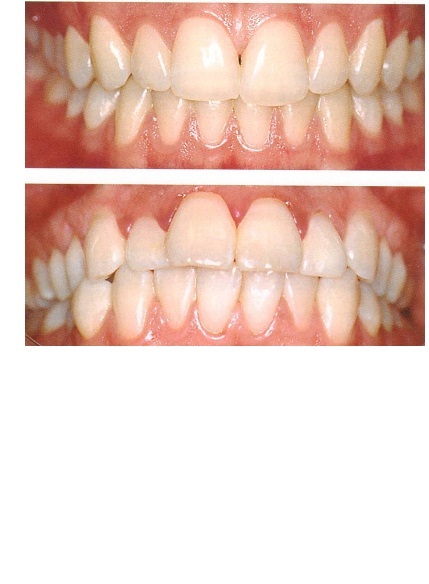
A scale and polish cleans your teeth very thoroughly.Scaling removes the hard tartar which forms on your teeth like scale inside a kettle. You can't remove it just by brushing your teeth. Scaling also removes trapped food and plaque containing millions of germs, which can cause tooth decay and gum disease. Stains from coffee, tea, cigarettes or red wine are also cleaned away when your dentist polishes your teeth.
A dental hygienist is specially trained and will scale your teeth. If you clean your teeth very thoroughly anyway, your scale and polish will take less time.
What happens?
There are two ways to scale teeth.
1.Hand scalers - These come in different sizes and shapes, to reach different parts of your teeth. This is why you will see the hygienist changing instruments quite often.
2.Electric scalers - These use very fast vibration with water. The water is sucked out of your mouth. A hand scaler is used to check whether the teeth are completely clean.
For polishing, your hygienist will use a rotating brush or rubber polisher with toothpaste.Scaling cleans above and below the gums. If you have gum disease, scaling needs to be deeper, around the roots of the teeth.This is called 'root planing'. Your hygienist may give you a local anaesthetic to make it more comfortable.Your dental hygienist will tell you about the best way to clean your teeth and gums thoroughly at home.
What are the benefits?
- Regular scaling and polishing by a hygienist helps keep your teeth and gums healthy by making it easier for you to keep your teeth clean at home. You should see and feel the difference.
- If your gums bleed when you brush, you may have early gum disease. Regular scaling helps to stop the disease getting worse.
- Gum disease can cause bad breath, which you can prevent by regular scaling and cleaning your teeth thoroughly at home



 How to Reach Us
How to Reach Us  Photo Gallery
Photo Gallery